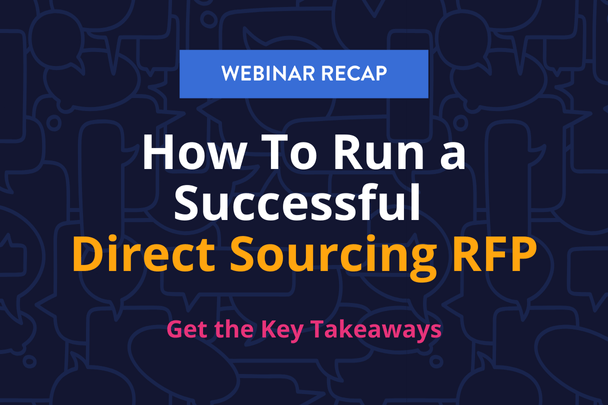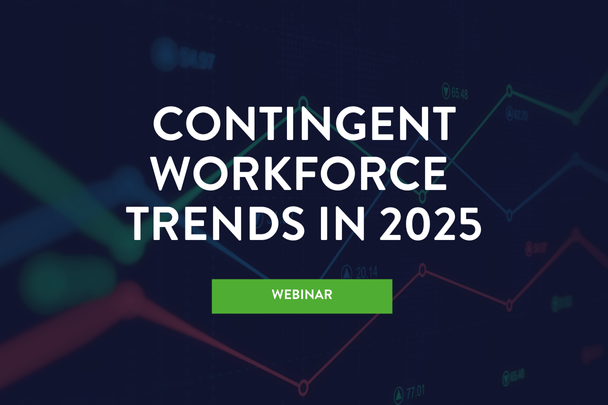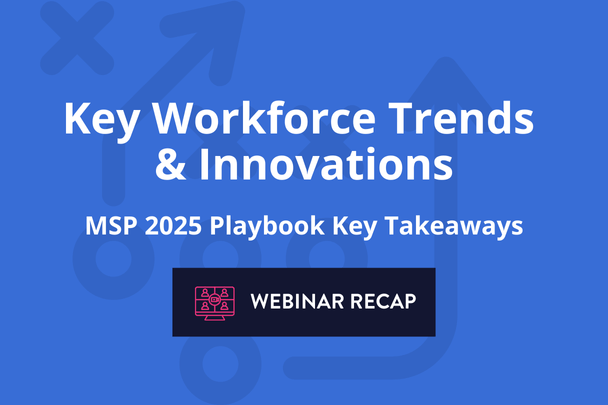Companies are increasingly relying on contingent workers to gain agility and access to hard-to-find skills, while job seekers opt for such work to gain industry exposure, hone new skills, or enjoy career flexibility. Despite not being full-time employees, it is imperative for employers to afford these contingent workers the same respect as their full-time counterparts. Fostering a culture of inclusivity and recognizing the contributions of all workers, regardless of their employment status, can lead to increased productivity and a more engaged workforce.
The value contingent workers bring cannot be overstated. However, they often lack access to engagement opportunities. Motivating contingent workers benefits both individuals and organizations, as committed and engaged workers significantly contribute to organizational success. Research by Gallup underscores the importance of employee engagement, with highly engaged employees boosting productivity by 21%.
In fact, it was this belief that underpinned the founding of Atrium. Our people-first approach involves getting to know our Associates, understanding their needs and interests, and providing them with a comprehensive benefits package. This philosophy has resulted in long-lasting placements and satisfied clients. “As someone passionate about candidate and employee experiences, I believe fostering motivation and productivity across all worker classifications is crucial for organizational success,” explains Rebecca Cenni-Leventhal, CEO of Atrium.
Read on for a look at the benefits companies experience from actively engaging contingent workers.
Enhanced Job Performance
Sharing opportunities for skill-building with contingent workers can improve their skills, leading to better outcomes for the organization and increased loyalty. These workers highly value opportunities for professional development and often appreciate clear paths to full-time employment and opportunities for growth.
Increased Job Satisfaction and Motivation
When contingent workers are treated with the same level of engagement as full-time employees, they experience better retention, fewer mistakes, and less absenteeism. By actively engaging your contingent workforce and providing regular feedback, workers feel valued, which boosts their loyalty and productivity. This helps create a sense of belonging among contingent workers and supports overall success.
Enhanced Employer Brand Reputation
Providing access to similar levels of engagement as full-time workers plays an important role in retaining top contingent talent in an organization. By creating memorable experiences and humanizing every interaction, from initial recruitment to the end of their assignment, you can foster brand loyalty and encourage them to become dedicated full-time employees if that is a path your company has laid out. It’s important to involve them in your company culture, show appreciation through gestures like personalized recognition, and make them feel valued as individuals, building lasting connections that can benefit your organization in the long term.
Reduced Turnover Rates
Creating positive experiences for temporary or contingent workers can be an effective strategy for organizations to recruit potential full-time employees, reduce costs, and minimize turnover. It is often a more cautious approach than making permanent hires, especially when navigating economic uncertainties. This approach also enables organizations to access specialized skill sets for specific periods, reducing unnecessary expenses.
Engaging Contingent Workers
When it comes to engaging contingent workers, you may wonder about co-employment. It’s important to understand that there are different compliance regulations than when hiring full-time employees, and a common concern for many companies is co-employment risk. Many myths about co-employment are not always true violations, so be sure to learn more about co-employment and how to ensure compliance here. Additionally, employers can seek advice from experts like those here at Atrium to avoid potential issues while still actively engaging temporary workers.
Building a motivated contingent workforce is a win-win. It not only helps your business develop a more adaptable workforce but also demonstrates your commitment to your workers. This is especially important at a time when having a skilled and flexible workforce is a requirement for meeting the challenges of the modern workplace.
The information provided on this website does not, and is not intended to, constitute legal advice; instead, all information, content, and materials available on this site are for general informational purposes only.











